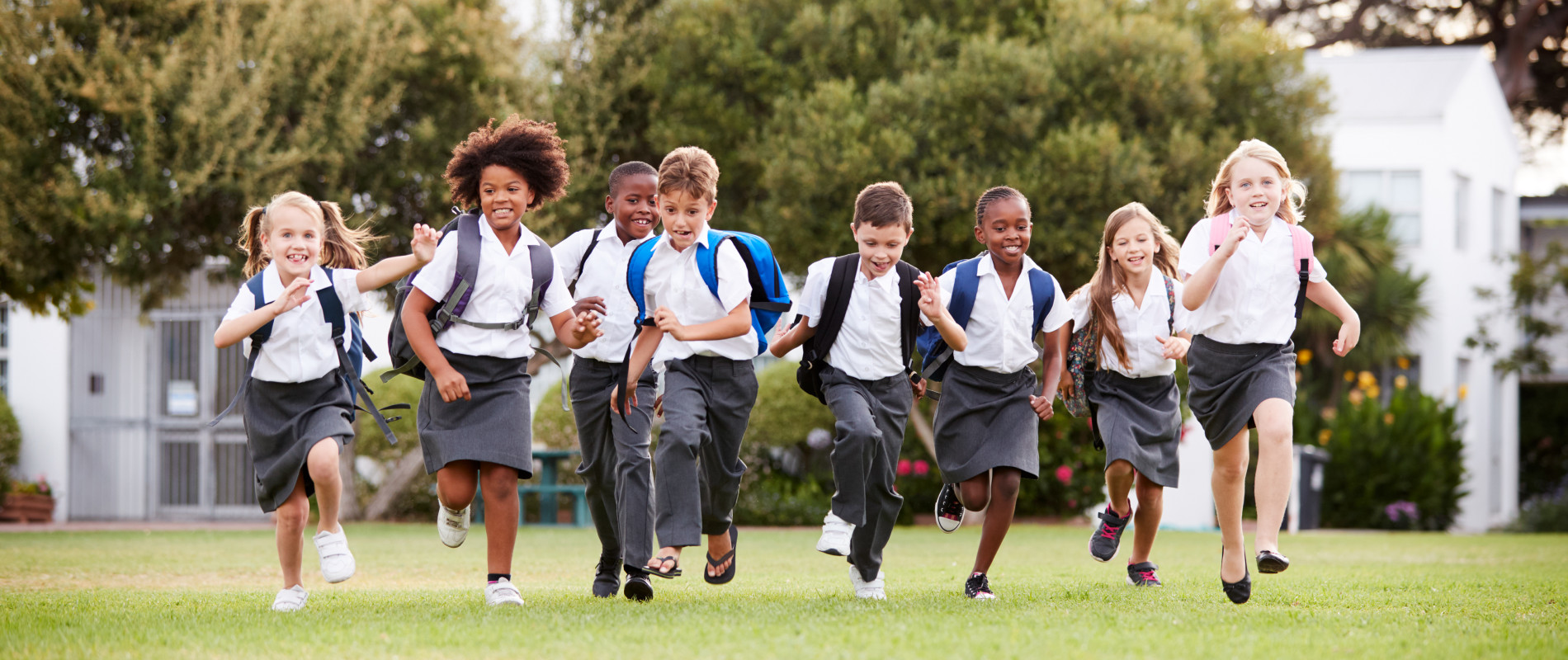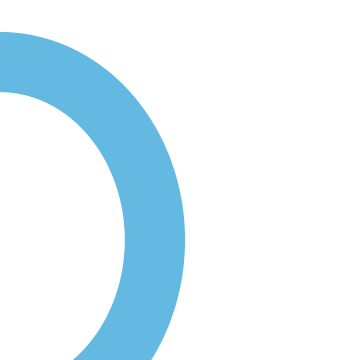Early Years Curriculum



We have worked hard to develop an Early Years Curriculum that meets the aims of our school, reflects our families and community and sparks a love of learning in our children. Our curriculum meets the requirements of the Early Years Statutory Framework and covers all seven areas of learning.
Personal, Social and Emotional development, Communication and Language, and Physical Development are the prime areas of learning and development in the EYFS framework. These areas are important as they form the foundations upon which all further learning is built.
The specific areas of development give children a strong grounding in literacy and mathematics and broaden their understanding of the wider world, whilst also encouraging creativity and self-expression. Through the specific areas of development and learning in the EYFS framework, the prime areas are applied and strengthened. The specific areas are Literacy Development, Mathematics, Understanding the World and Expressive Arts and Design
Our curriculum design, approach to teaching and the way in which we assess our pupils' progress is drawn from the non-statutory guidance in Development Matters.
The guidance covers several areas of learning and development. These include reading and maths, but also children’s general development pathway and education journey. It also has guidance to support effective assessment of learning.
Development Matters is underpinned by four themes:
A Unique Child
Positive Relationships
Enabling Environments
Learning and Development
Formative assessment allows our practitioners to observe children, assess their development, look at ways to support them in their learning and development, and extend their learning. Development Matters also provides detailed information about the five main areas of child development in the EYFS, which are:
Cognitive – problem solving and mental skills
Social and Emotional – how children interact with others, manging and expressing feelings
Speech and Language – communication, spoken and written language
Fine Motor Skills – interacting with and using objects
Gross Motor Skills – physical movement from walking to sports
You can explore the EYFS Curriculum for our Nursery and Reception pupils either on the subject-specific pages of our website or by clicking below to view our Early Years content directly.
January 2025 - Please note that some topics/books within our EYFS curriculum are currently under review to ensure our curriculum is closely aligned with our KS1 and KS2 progression documents.






